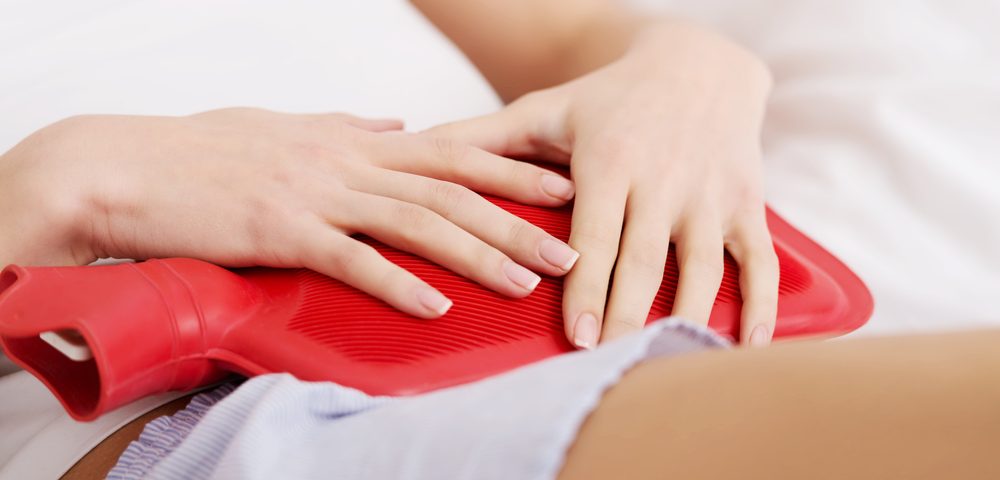Relugolix effectively reduced menstrual bleeding among Japanese women with uterine fibroids, according to results from a Phase 3 trial of the compound, which is also being developed for endometriosis.
Researchers at Switzerland’s Myovant Sciences, which is developing relugolix along with Japan’s Takeda, said the findings support ongoing global Phase 3 research into the drug’s effects on endometriosis and uterine fibroid patients.
The Phase 3 trial (NCT02655237) compared relugolix to subcutaneous injections of leuprorelin in about 280 women with heavy menstrual bleeding caused by uterine fibroids — and showed that 82.2 percent of women responded to the treatment.
“The positive results of decreased menstrual bleeding from Takeda’s Phase 3 study of relugolix in Japanese women with uterine fibroids provides strong support for Myovant’s ongoing Phase 3 studies with relugolix in North America, Europe and other regions,” Myovant’s president and CEO, Dr. Lynn Seely, said in a press release.
“Uterine fibroids result in debilitating heavy menstrual bleeding and anemia in millions of women throughout the world, oftentimes requiring a hysterectomy to control the bleeding,” she added. ” Myovant is working to develop relugolix, an oral, once-daily medication that can potentially provide women with an alternative option to major surgery for the treatment of uterine fibroids.”
All women included in the trial scored at least 120 on the Pictorial Blood Loss Assessment Chart (PBAC). Between week six and 12, 82.2 percent of those treated with relugolix lowered their score to less than 10 — a measure that made up the main endpoint of the trial.
With this outcome, the study demonstrated that the drug was just as good leuprorelin (leuprolide acetate) a similar drug that blocks the gonadotropin-releasing hormone (GnRH) receptor. It is used in Japan for pre-operative treatment of uterine fibroids.
Besides global Phase 3 trials of relugolix for uterine fibroids, the drug is currently also the focus of two Phase 3 trials in women with endometriosis-associated pain.
The studies, called SPIRIT 1 and SPIRIT 2 (NCT03204318 and NCT03204331), both still recruiting participants, examines relugolix with and without low-dose hormonal add-back therapy, which is intended to lower potential hormone-related side effects such as bone mineral density loss and hot flashes.
Data from an earlier Phase 2 study (NCT01458301), including nearly 500 women, showed that the treatment lowered pain and was generally safe and well tolerated. The SPIRIT trials are expected to run until 2020.

